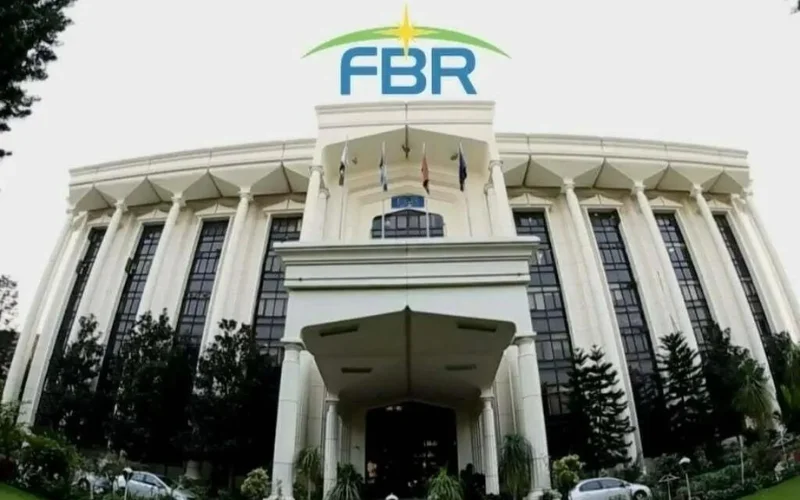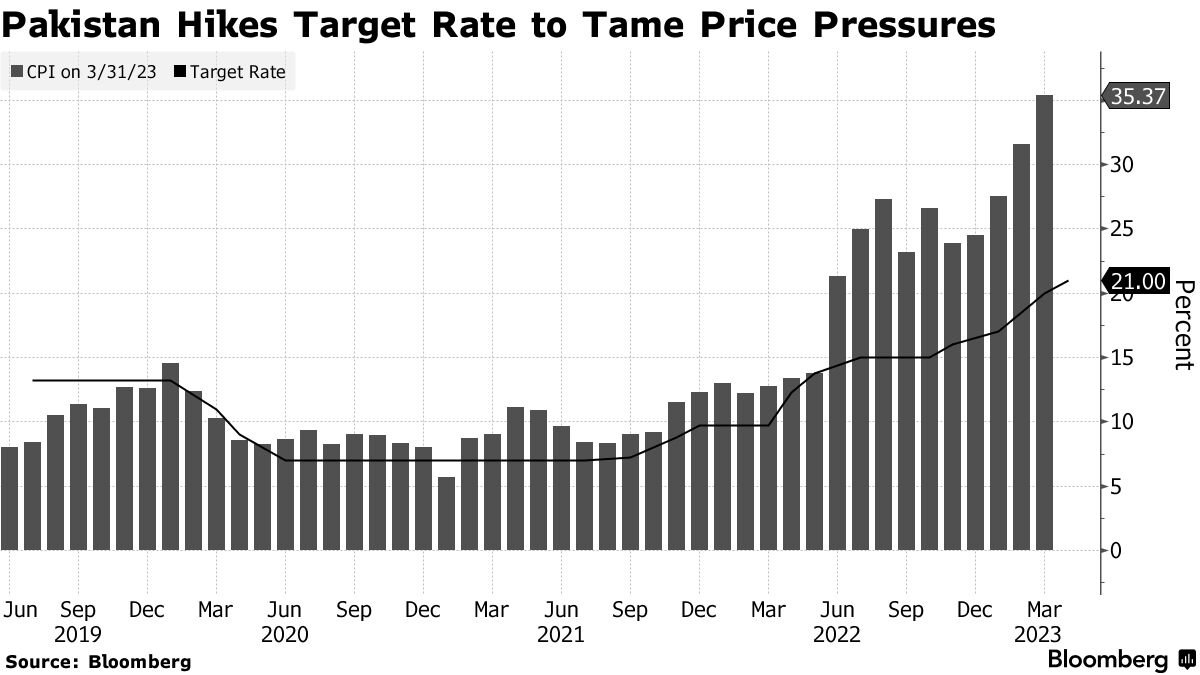Finance Minister Muhammad Aurangzeb emphasized the indispensability of engaging with the International Monetary Fund (IMF) to ensure economic stability, asserting that there is no alternative plan (“Plan B”) while a country is under an IMF program. Speaking at the annual Business Summit 2024 in Islamabad, Aurangzeb underscored the necessity of ongoing discussions with the IMF, particularly for securing a new loan package to bolster Pakistan’s economic resilience.
Aurangzeb expressed optimism regarding the release of the outstanding $1.1 billion from the recently expired $3 billion Stand-By Arrangement (SBA), highlighting the importance of this financial infusion for Pakistan’s economic health. Furthermore, he outlined plans for a potential new long-term loan agreement with the IMF, aiming for a staff-level agreement by June or early July. This new agreement would mark Pakistan’s 24th IMF bailout and is anticipated to be larger, covering a period of three to four years and potentially amounting to $6 billion to $8 billion.
During his recent visit to Washington for the IMF and World Bank spring meetings, Aurangzeb initiated discussions for the Extended Fund Facility (EFF) and explored opportunities for additional financing under climate funding. An upcoming visit by an IMF team to Islamabad is expected to formalize dialogue on the terms and conditions of the EFF, as well as considerations for climate financing and budgetary planning.
Aurangzeb underscored the significance of structural reforms, including tax revenue enhancement, state-owned enterprise (SOE) privatization, and energy sector management. Structural reforms are crucial for stabilizing the economy and fostering sustainable development. Addressing the challenges in the energy sector, Aurangzeb stressed the need for reforms to curb losses and improve efficiency, despite the inevitable impact on tariffs and consumption patterns.
Efforts to boost tax revenue, expand the tax base, and expedite SOE privatization are essential components of Pakistan’s economic reform agenda. Aurangzeb acknowledged the need for resolve and determination in implementing these reforms, particularly in sectors like retail, real estate, and agriculture.
Despite the challenges, Aurangzeb expressed optimism about Pakistan’s economic outlook, citing expected growth in foreign reserves and the robust performance of the agriculture sector. As Pakistan navigates its economic trajectory, sustained engagement with the IMF and steadfast implementation of structural reforms are critical for achieving long-term stability and prosperity.



